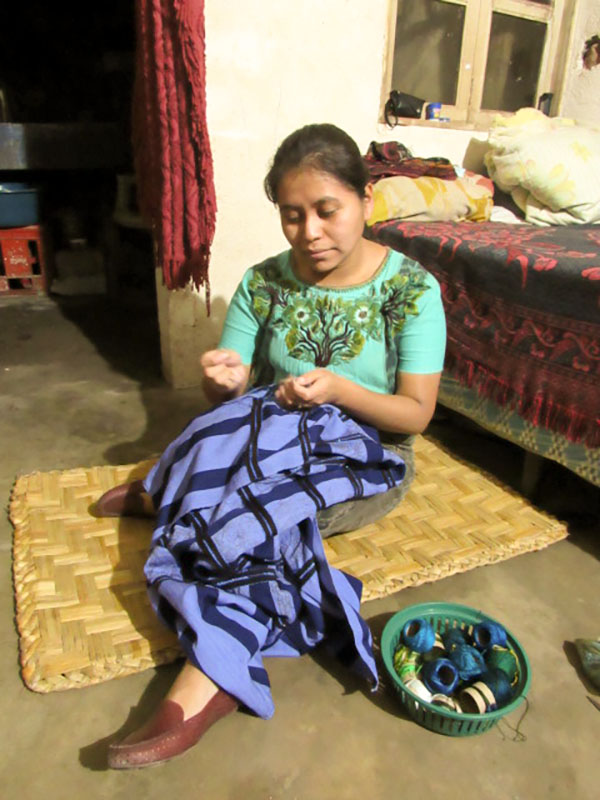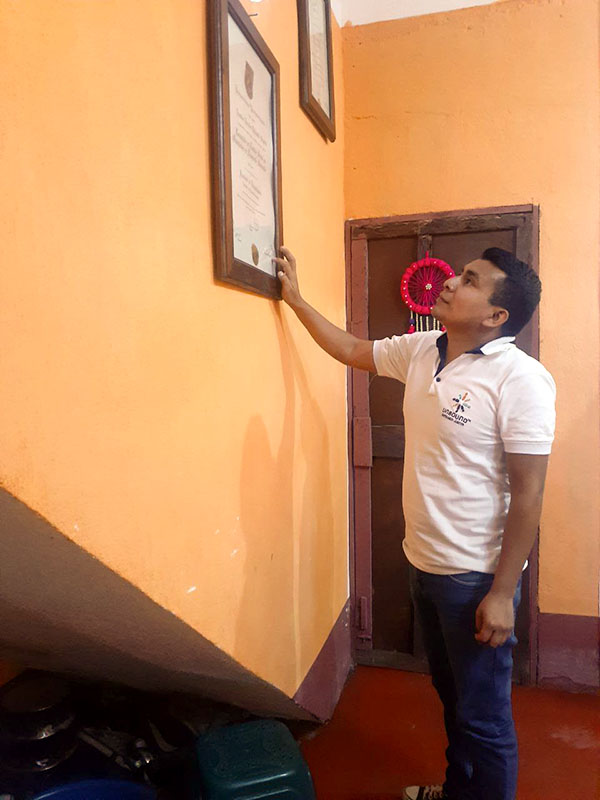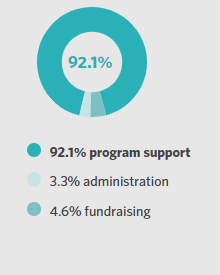This is how you can reach your dreams
Updated Dec. 21, 2021
In its overview of education around the globe, the World Bank said, “Education is a human right, a powerful driver of development and one of the strongest instruments for reducing poverty and improving health, gender equality, peace, and stability.”
The renowned American scientist and inventor George Washington Carver, who was born into slavery, put it more succinctly. “Education,” he said, “is the key that unlocks the golden door to freedom.”
Sadly, that key is becoming less accessible for many of the world’s children. According to the World Bank, in low- and middle-income countries, 70% of 10-year-olds can’t read a basic text, and with the disruptions wrought by the pandemic and the increasing need for technology in distance learning, that percentage is likely to increase. To make matters worse, education for girls is moving backwards in some countries.
Unbound is helping to address that inequity, one child at a time. Participation in formal schooling or vocational training is required for a child or young adult to be eligible for sponsorship. Rosa Sancoy, a regional coordinator in Guatemala, shared why the organization makes education a priority.
“Unbound’s dream is that all the sponsored children and scholars [scholarship program participants] have a better living condition,” she said. “Unbound desires that all the children and young people continue studying. Girl, boy, if you are in middle school, we encourage you to continue studying for a career. … This is how you can reach your dreams.”
Aspiring sponsored and unsponsored young people may also be eligible for the Unbound Scholarship Program, which, in addition to financial support for tuition, travel and supplies, now also helps with the costs of computer and internet technology. The goal is to not only help these youth fulfill their academic potential but also become leaders in their families and communities.
















